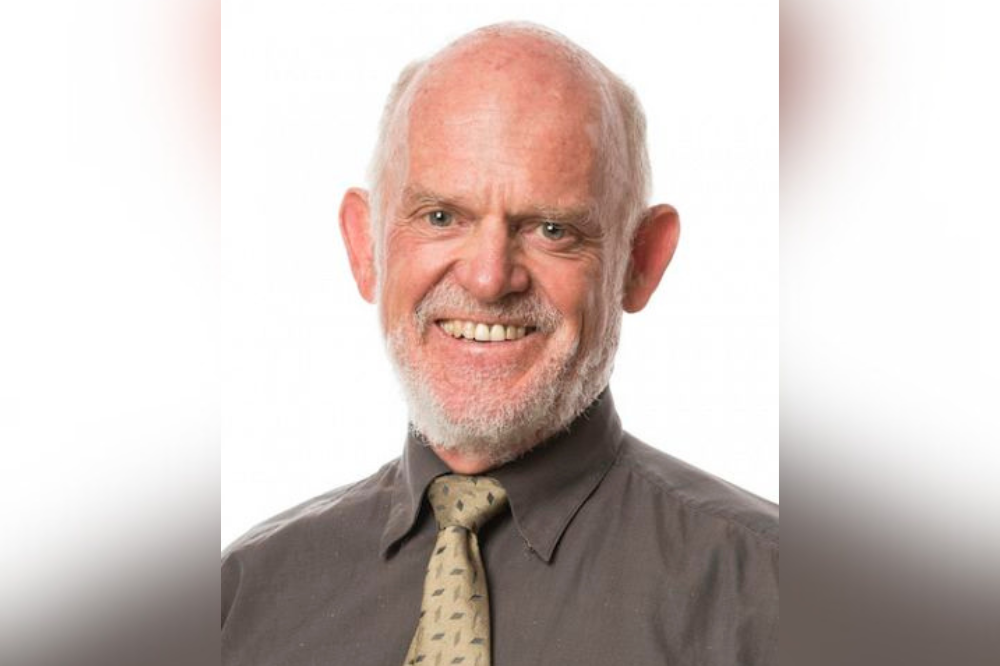
On Tuesday, a new report warned that a failure to invest in Australia’s public schools will see widening achievement gaps between students from different backgrounds, a worsening teacher crisis, and a decline in teacher and student wellbeing.
The study found that Australia’s school education is one of the most unequal in the developed world, with achievement gaps between children from advantaged and disadvantaged backgrounds as much as equivalent to two years of learning by Year 5.
These damning findings precede an upcoming Education Ministers Meeting on 11 December which will consider the review of an expert panel advising the government on the next national schools reform agreement.
One of the paper’s authors is Trevor Cobbold, national convenor of Save Our Schools since 2006 and a life member of the ACT Council of Parents & Citizens Associations.
Before retiring, Cobbold was an economist with the Productivity Commission and its predecessors for over 30 years, experience that has allowed him to gain deep insights into the data behind one of most critical questions in Australian education today – why don’t all schools have equal resourcing?
Cobbold says the report, which provides figures on primary schools funding not previously published, shows that funding of public primary schools is in “a parlous state”.
“The failure to fully fund public primary schools is a key factor behind the large proportion of disadvantaged primary students not achieving national proficiency standards and the large achievement gaps between advantaged and disadvantaged primary students,” Cobbold told The Educator.
“Government [Commonwealth and state] funding increases since 2009 have heavily favoured private primary schools over public schools. Funding for private primary schools increased by about three times that for public schools.”
Cobbold said this has ensured that Catholic and Independent primary schools have “a huge human and material resource advantage” over public primary schools.
“The priority given to funding private primary schools is incongruous as they enrol only a minority of disadvantaged students,” he said.
“Public primary schools enrol over 80% of low socio-economic status, Indigenous and remote area students.”
Cobbold said increasing equity in education should be the focus of the next National School Reform Agreement.
“This means ensuring that all primary school students meet national proficiency standards and that disadvantage students achieve at the same level as advantaged students,” he said.
“Fully funding public primary schools is critical to meeting these equity goals.”


